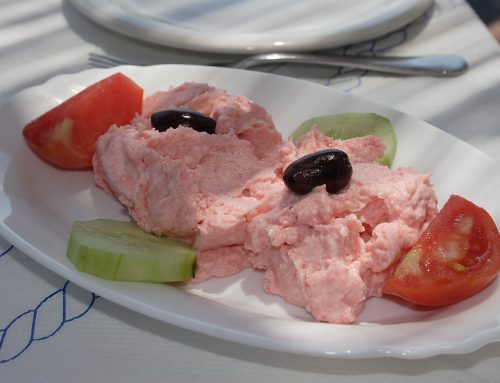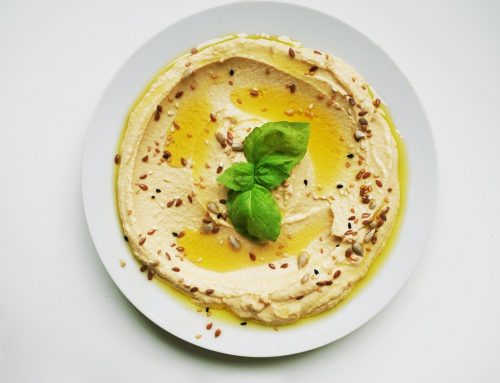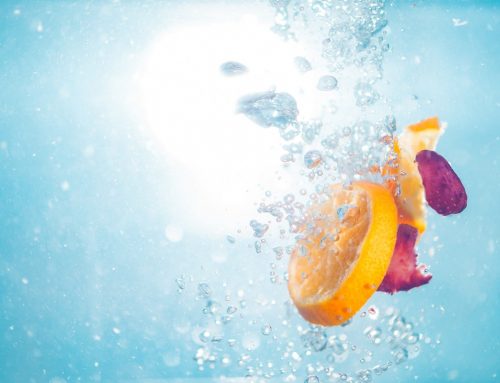Whether weight gain or an inflammatory condition such as gastritis is at the root of bloating after drinking alcohol, lifestyle changes, medications — or both — can help.
It can take anywhere from a few days to a few months for the appearance of bloating to reduce, depending on the cause and severity.
In this article, we describe how alcohol can cause a bloated appearance in the stomach. We also look into how long alcohol-related bloating lasts and how to get rid of it.
Stomach bloating
When alcohol bloating occurs in the stomach, it may be the result of gastritis. The main characteristic of gastritis is inflammation in the lining of the stomach.
Research suggests that alcohol consumption has links with Helicobacter pylori (H. pylori) infection. An infection with this type of bacteria can cause gastritis.
The following symptoms can occur with gastritis:
- changes in appetite
- stomach bloating
- heartburn
- abdominal pain
- nausea
- vomiting
Gastritis can be erosive, allowing stomach acid to damage the stomach lining. This can lead to the development of stomach ulcers, or peptic ulcers, which can become severe without the right treatment.
Other types of gastritis are nonerosive and do not lead to peptic ulcers.
Weight gain
Bloating and weight gain are two different effects of drinking alcohol, though it can be easy to mistake one for the other. Bloating and weight gain can each occur in the stomach and elsewhere in the body.
Alcoholic drinks are typically high in calories. For example, one regular beer weighing 12 fluid ounces contains 153 calories. A glass of wine — at 5 fluid ounces — contains 125 calories. Most distilled spirits have fewer calories: A single serving measuring 1.5 fluid ounces typically contains 90–100 calories.
Consuming several alcoholic drinks over the course of an evening, for example, can quickly lead to a high calorie intake.
Also, alcoholic intoxication may increase the likelihood of overeating. Alcohol may cause hyperactivity of neurons in the brain that typically link to hunger.
Research in animals indicates that activating these neurons with alcohol leads to overeating, and the same may be true in humans.
Anecdotally, at least, many people report overeating after drinking. This may also be a result of lowered inhibitions and impaired judgment — two effects of alcohol.
Consuming excess calories leads to the accumulation of body fat, unless a person burns these calories off, by working out, for example.
How long does alcohol bloating last?
The duration of alcohol bloating varies, depending on its cause.
When stomach bloating results from gastritis, the amount of time that the symptom lasts depends on the type of gastritis.
Acute gastritis lasts only a short period. Symptoms usually appear quickly and often disappear after a few days.
Chronic gastritis may last for months or years. The symptoms are less noticeable and they appear more slowly.
If a person gains weight from drinking alcohol and wishes to lose it, the speed of results can depend on several factors, including the amount of weight in question, the person’s diet, and their exercise routine.
Some people are able to lose a noticeable amount of weight within several weeks. For others, it can take longer.
How to get rid of it
Antibiotics can treat alcohol induced gastritis by targeting the H. pylori infection.
A doctor is also likely to prescribe other medications to protect the stomach lining from damage. Usually, this damage is from stomach acid.
These additional medications may include:
- Antacids: These help reduce the harm from stomach acid, and some common brands include Rolaids and Alka-Seltzer.
- H2 blockers: These decrease the production of stomach acid, and some common brands include Zantac 75 and Pepcid AC.
- Proton pump inhibitors: These also reduce the production of stomach acid, and some common brands include Protonix and Nexium.
Lifestyle changes can lead to weight loss, and cutting down on alcohol consumption can be an important first step. Maintaining a healthful diet and exercising regularly are key.
Several dietary supplements claim to assist with weight loss. However, there is little evidence to support these claims, and some supplements may be harmful.
Summary
Alcohol bloating can be uncomfortable, and it may result from an underlying health condition. For example, drinking alcohol can lead to a bacterial infection that causes gastritis and, in turn, stomach bloating.
Alcohol can also cause weight gain, which can resemble bloating. This weight gain stems from the high number of calories in many alcoholic drinks.
A person can treat gastritis by taking antibiotics and other medications that protect the stomach lining. It is possible to lose weight by cutting down on alcohol consumption, maintaining a healthful diet, and exercising regularly.
Source: Medical News Today





